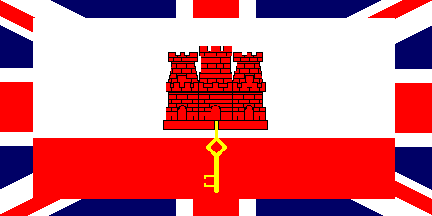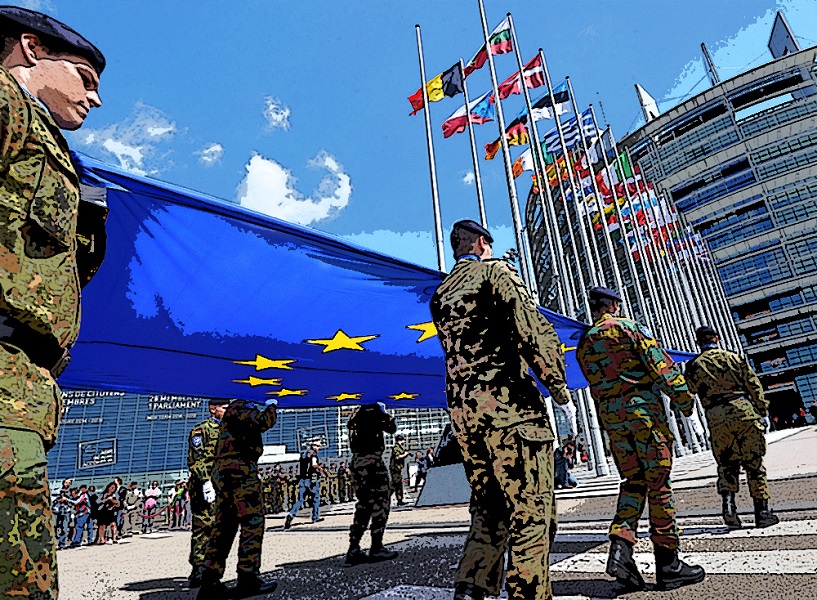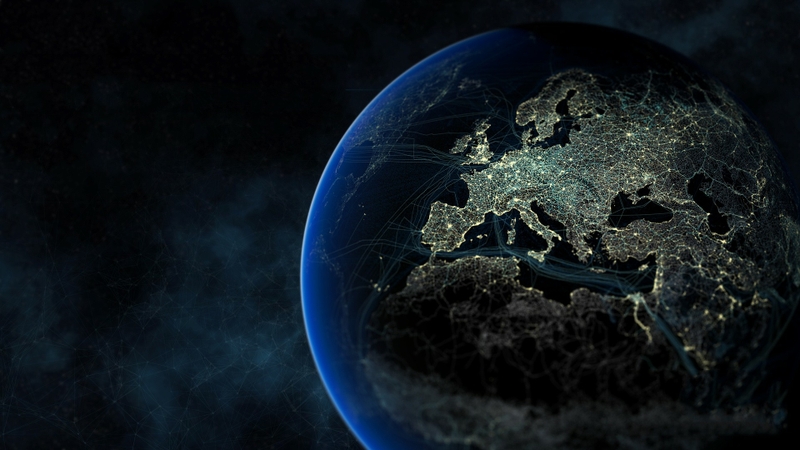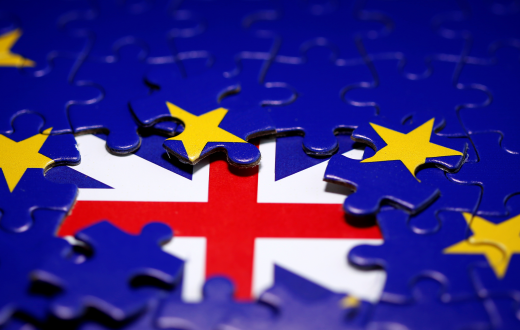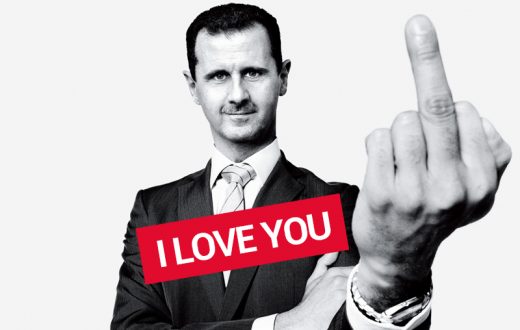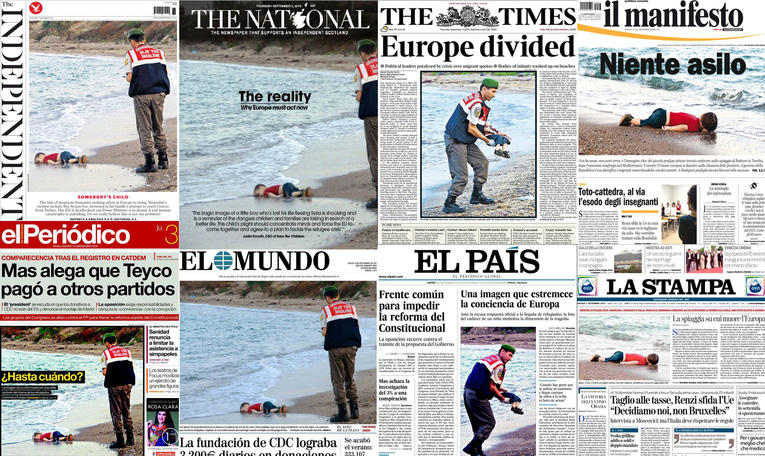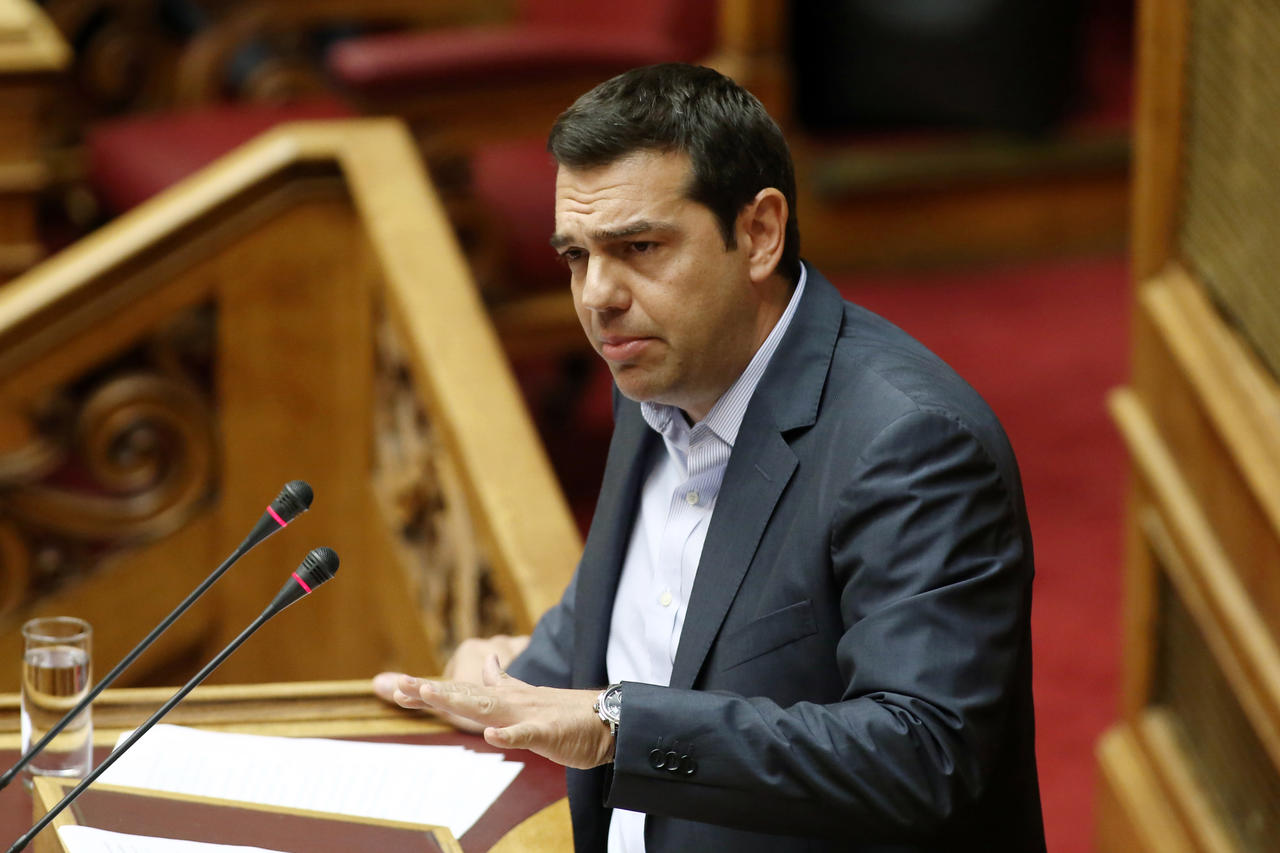Gibraltar, the British territory forgotten by many Europeans
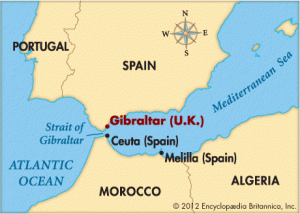
This small piece of land in Southern Spain has made a dramatic entrance into the Brexit negotiations.
It’s always been a source of tension between the two countries and strategically, it’s one of the most important checkpoints: it allows control of the East-West axis, between the Atlantic and the Mediterranean, but also of the North-South axis for the transfer (of people, commerce, etc.) between Europe and Africa. With all the current issues, it’s normal for Europe to want to obtain control of this point, even if it’s shared. But the way to announce this is symbolic with many objectives.
Europe causing the UK trouble
The main issues were actually from the Negotiation and Orientation Project and principally the strategic position. Gibraltar has a very particular military and economic location. Europe wants to be able to have a maximum control of immigration and on freight transit in the area as well as staying as an important base for NATO. The question for those who cross the border every day to work is crucial for the sustainability of the area. With Brexit, the territorial dissensions reappear and Spain wants to take advantage to gain control for power and the EEZ (Exclusive Economic Zone).
The second goal was to show the United Kingdom that in leaving the European Union, they lose the support of Brussels completely. It’s a clear message sent from the Institutions to Downing Street. Germany, France or the Commission would have been able to control the Project before it became public as they have enough influence on other countries. But they want to send a reminder after Theresa May’s letter: “You want a hard Brexit? You will get one and it will not be easy”. In this way, the 27 members show their unity and take a dominant position: it will be them who will decide the rhythm of the negotiations, and they will not stand divided.
The third is to give discreet but real support to the independence movements currently going on in the United Kingdom. The Scotland case is the most mediatized, but there are questions about Northern Ireland and Gibraltar. These three lands voted strongly in favor of remaining in the EU (62% for Scotland, 55.8% for Northern Ireland and 95.9% for Gibraltar) and the tendencies since the Brexit vote show a change in the balance of power between the unionist and the pro-independence parties. In Northern Ireland, the tensions about the future of the land is one of the reasons, for the demission of one of the two leaders of the government. And the elections in March showed a surge in favor of Sinn Fein (the pro united Ireland party) which doesn’t enable the Unionists to keep their power of veto. With this declaration, Brussels doesn’t close the door to any integration of these nations after Brexit.
This support is a warning sign against the attempts to divide the 27 members too. The European Commission and Parliament are frightened of parallel negotiations between some members and the United Kingdom who could profit from it. The message about Gibraltar and the intervention from the Foreign Minister of Spain about Gibraltar and Scotland are the perfect means to warn Downing Street. Spain isn’t one of the 6 founding members but is one of the oldest and the richest (the 4th without UK) in Europe. It is also a country with an independence issue. In this way, Europe reminds the rest of the world that the present United Kingdom may not be the future United Kingdom.
Highlighting this had two aims. The first was to stop any attempt of negotiations for a future agreement or Partnership with UK and others countries. They want to show that we just see little part of the consequences of the Brexit (whether negative or positive) and it’s not time for them to take advantage of it. The second arises from the first: they want to keep the British government focused on the Brexit negotiations. They will be long and hard, and many people think that a real agreement isn’t actually possible in two years, even with 8 months of preparation. The Prime Minister said in January that “no deal for Britain is better than a bad deal”… but no deal isn’t imaginable for European Union.
Brexit acted like a brake for European construction, and it will paralyze it during the next two years. With no deal, it’s means still one or two years of negotiations at the expense of the EU. And this would show that in reality you have as much time as you need to leave Europe and not only two years. This would be an open door for all the eurosceptics and the last objective of this declaration was against exactly that! They need to occupy the media with all the difficulties due to affect the United Kingdom: threats towards the unity of the country, long negotiations and a period of uncertainty, total isolation from Europe, difficulties on the international sphere… everything that shows people that leaving Europe isn’t an easy thing and that being in is better than being out. In that way, it would be be very surprising if future negotiations were really secret…
Prime Minister’s letter to European Council President, 29th March 2017
The Guardian – Gibraltar’s future at stake in Brexit negotiations – 1st April 2017

